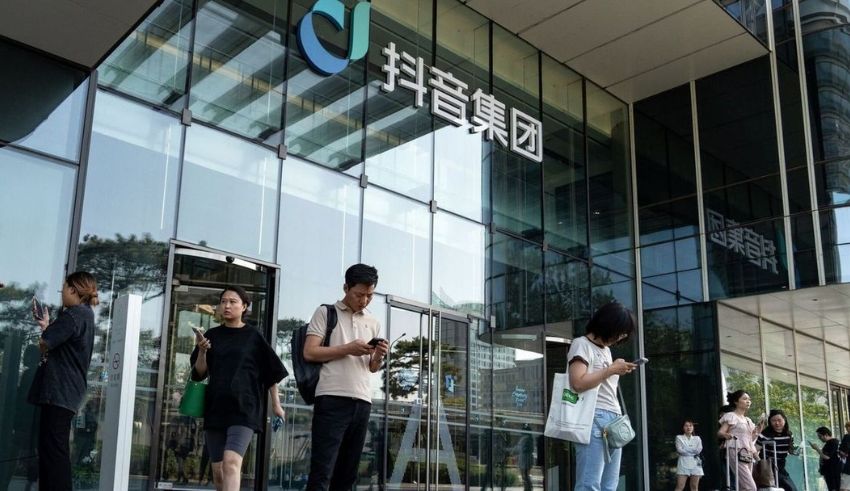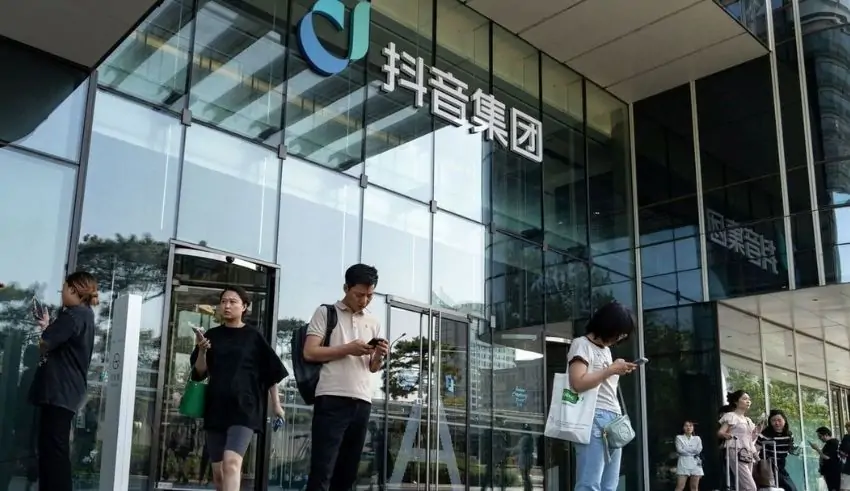

(C) BNN Breaking
Venture capital (VC) firms are entities that provide funding and support to start-ups and emerging companies, especially in the fields of technology and innovation. VC firms typically seek high returns on their investments, but also face high risks and uncertainties. VC firms usually raise funds from various sources, such as institutional investors, wealthy individuals, and government agencies.
China is a rising global power that has been expanding and enhancing its military and economic capabilities and influence, especially in the fields of artificial intelligence (AI) and semiconductors. China has also been accused and sanctioned by the U.S. and other countries for its human rights violations and atrocities, especially in the regions of Xinjiang and Tibet, where it has been conducting a campaign of repression and genocide against the Uyghur and Tibetan minorities.
Some of the U.S.-based VC firms that have invested in Chinese companies that are linked to China’s military and genocide are Sequoia Capital China, Qualcomm Ventures, GGV Capital, GSR Ventures, and Walden International. These VC firms have invested at least $3 billion in Chinese companies that are involved in developing and supplying AI and semiconductor technologies that support China’s military and its repression of minorities in Xinjiang.
The VC firms and their investors could face legal trouble for funding China’s military and genocide, for several reasons, such as:
Violating U.S. laws and regulations: The VC firms and their investors could violate various U.S. laws and regulations that prohibit or restrict U.S. persons and entities from engaging in transactions or dealings with foreign persons and entities that are designated or sanctioned by the U.S. government for their involvement in activities that threaten the U.S. national security or foreign policy interests, or that violate the U.S. or international human rights standards. Some of the U.S. laws and regulations that could apply to the VC firms and their investors are the International Emergency Economic Powers Act (IEEPA), the Export Administration Regulations (EAR), the Foreign Narcotics Kingpin Designation Act (FNKDA), the Global Magnitsky Human Rights Accountability Act (GMHRAA), and the Hong Kong Autonomy Act (HKAA).
Facing civil and criminal liabilities: The VC firms and their investors could face civil and criminal liabilities for their funding of China’s military and genocide, which could result in fines, penalties, forfeitures, injunctions, or imprisonment. The VC firms and their investors could be sued or prosecuted by the U.S. government, which has the authority and the responsibility to enforce the U.S. laws and regulations, and to protect the U.S. national security and foreign policy interests, and the U.S. or international human rights standards. The VC firms and their investors could also be sued or prosecuted by the victims or the survivors of China’s military and genocide, or by their representatives or advocates, who have the right and the standing to seek justice and compensation for the harms and losses that they have suffered or endured.
Losing reputation and credibility: The VC firms and their investors could lose their reputation and credibility for their funding of China’s military and genocide, which could damage and ruin their image and brand, and their trust and support, among their stakeholders and the public. The VC firms and their investors could face backlash and criticism from their partners and clients, who may question or challenge their ethics and integrity, and who may terminate or suspend their contracts or agreements. The VC firms and their investors could also face backlash and criticism from their peers and competitors, who may expose or denounce their actions and behaviors, and who may gain or advantage from their downfall.
The VC firms and their investors could face legal trouble for funding China’s military and genocide, which could have serious and negative consequences for their business and their future. The VC firms and their investors should be aware and cautious of the risks and the responsibilities that come with their investments, and should be accountable and transparent for their decisions and their impacts. The VC firms and their investors should also be mindful and respectful of the U.S. and the international laws and regulations, and the U.S. and the international human rights standards, that govern and guide their activities and their interests.
OpenAI updated ChatGPT-4o to include its best text-to-image tools so free users can generate Studio Ghibli artwork by giving basic…
The stepping down of Piyush Gupta from the post of CEO of DBS Bank came after 15 years of leading…
The Delhi Directorate of Education releases 2025-26 marks for year-end tests in school levels 6 through 11. Online test data…
Singapore will further cement its status as an important basketball destination when it hosts three FIBA 3x3 events in 2026…
Jewel Section E, directed by Theodore Boborol and starring Ashtine Olviga as Jay-Jay Mariano, Andres Muhlach as Mark Keifer Watson,…
Cebu Pacific celebrates the delivery of its very first aircraft for 2025, the 459-seat Airbus A330neo, delivered at Ninoy Aquino…
This website uses cookies.
Read More